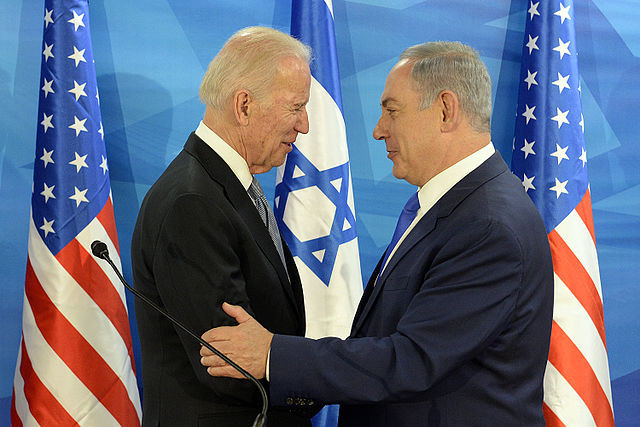The Biden administration has issued a stark warning to Israel about the risks of expanding its conflict with Hezbollah, the Lebanese militant group, cautioning that such actions could inadvertently draw Iran into the fray. This warning comes even as Israeli officials have indicated they are ready for a potential operation against Hezbollah, having completed preparations if such an action becomes necessary.
According to an Axios report citing two unnamed senior US officials, the administration conveyed to Israel that a "limited war" in Lebanon or a "small regional war" is not seen as a viable option. The officials emphasized that such a conflict would likely spiral out of control, making it difficult to end and potentially expanding into a larger regional confrontation.
The tension between Israel and Hezbollah has been escalating, with senior Israeli figures visiting the northern region to underscore the country's readiness for a possible conflict. These visits have included high-profile figures like Prime Minister Benjamin Netanyahu, who has warned of an "intense campaign," and far-right security minister Itamar Ben-Gvir, who has called for the "destruction of Hezbollah."
The situation has become increasingly volatile, with Israel's military chief suggesting that preparations for an offensive are complete and that a decision could be imminent. Last week, Israel announced an increase in the cap on the number of reservists it can call up by an additional 50,000, further fueling speculation about a potential military operation.
The Biden administration's warning is part of broader diplomatic efforts to prevent the conflict in Gaza from spilling over into a wider regional war. Senior US officials have stressed that restoring peace to the Israel-Lebanon border is contingent on achieving a cease-fire in Gaza.
State Department spokesperson Matthew Miller expressed the administration's concerns, stating, "We are deeply concerned about the risk of escalation along the Israel-Lebanon border. We are engaged in intensive diplomatic talks to try to prevent this conflict from escalating beyond control."
Despite these diplomatic efforts, the exchange of fire between Israel and Hezbollah has been intensifying since the conflict began on October 7. Over 60,000 Israelis evacuated from the northern region following Hezbollah's attacks have yet to return home. Both sides have ramped up their attacks, with Hezbollah launching drones and rockets at military targets up to 50 kilometers from the border.
The recent attacks have also sparked widespread wildfires in northern Israel, exacerbating the already tense situation. These fires and the growing public criticism of the Israeli government's handling of the conflict led to an emergency meeting of the War Cabinet earlier this week.
A senior security official highlighted that Hezbollah has been able to conduct successful attacks using UAVs against Israeli targets, which the Israel Defense Forces (IDF) failed to intercept. Additionally, Hezbollah has started using "Burkan" rockets, causing significant damage to IDF bases along the border.
During the War Cabinet meeting, various options for expanding the fighting were discussed, including a potential ground invasion aimed at pushing Hezbollah's Radwan force away from the border. However, no final decisions were made. The senior official emphasized that the IDF's current instructions are to focus on defeating Hamas in Gaza and to avoid a war in Lebanon.
The Israeli official warned that any military action against Hezbollah would have "enormous consequences for Israel," likely leading to significant loss of life and resources. He added that such an operation might eventually result in an agreement similar to what Israel and Lebanon are currently attempting to achieve through diplomacy.






